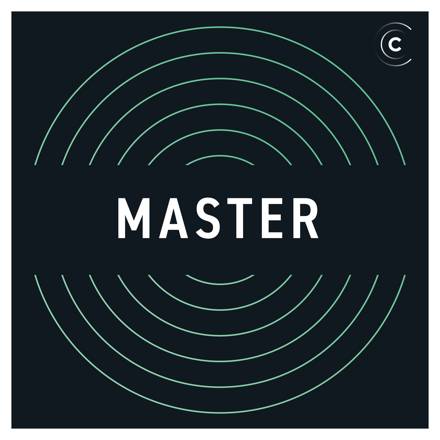This week on we’re joined by Emil Sjölander from Figma — talking about bringing Dev Mode to Figma. Dev Mode is their new workspace in Figma that’s designed to bring developers and design to the same tool.
The question they’re trying to answer is “How do you create a home for developers in a design tool?” We go way back to Emil’s startup that was acquired by Figma called Visly, how we iterated to here from 20 years ago (think PSD > HTML days), what they did to build Dev Mode, what they’re doing around codegen, the popularity of design systems, and what it takes to go from zero to Dev Mode.






